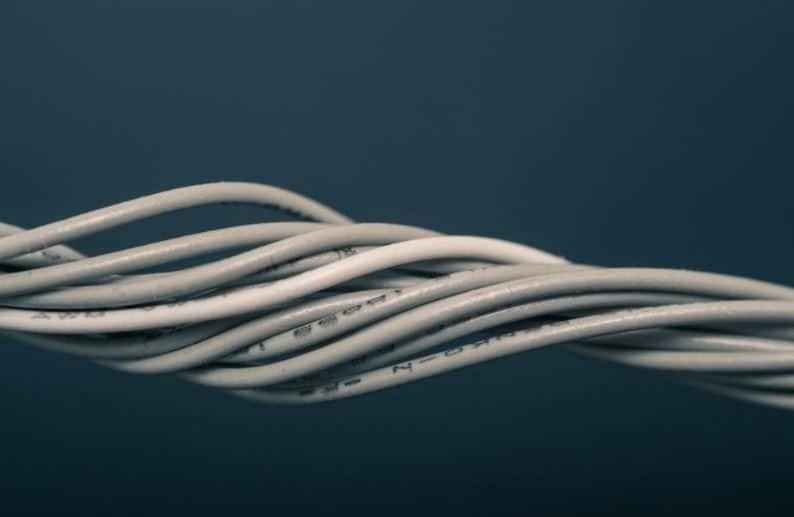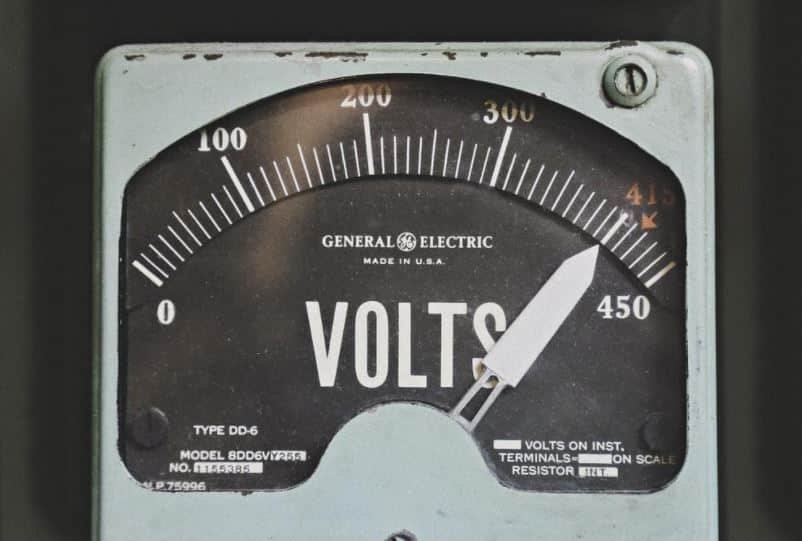Tech
5 Things To Know About Different Power Cords

Out of all the appliances we have in our homes and offices, power cords are definitely among those many people take for granted. Many just go to the store and buy a bunch of power cords without knowing a single thing about them.
However, the truth is that there are many things that people should know about different power cords and their performance specs.
There are different types of power cords, and each of them serves a unique purpose. To help you choose the right cables for your home or business use, we’re going to share some of the most important things to know about different power cords so that you make an informed decision.
[lwptoc]
There are five main types of power cords.

Image Credit: Unsplash
All power cords are divided into five primary types:
- Red extension cords – solid and resistant to the outdoor environment, red extension cords are perfect for outdoor applications. They come with a 3-prong grounded plug for extra safety and are pretty flexible and lengthy enough for residential and commercial purposes.
- Yellow NEMA power cords – known for usability, flexibility, and quality; NEMA power cords are heavy-duty cables that can be used for a wide range of purposes such as powering up home/office devices, gardening, etc. They come with reinforced prongs that are resistant and durable and can effectively render power. They are also water-resistant and come with a lifetime replacement warranty.
- The basic black cords – incredibly reliable and affordable; the basic black cords are the most common power cords suitable for a wide range of electronic uses. They come in various lengths and are perfect for both office and home use. They are also durable and flexible.
- Small extension cords pack – perfect for multi-purposeful uses, a small extension cord pack brings multiple power cords with numerous outlet options. You can use them indoors and outdoors.
- Long power cords – perfect for industries, long power cords are designed with usability and safety in mind. They can last a lifetime and are fully insulated for more security and rough use.
Choose a cord that can be used according to international and US standards.

Image Credit: Unsplash
If you want to ensure that your power cord can be used under both US and international standards, there are a few things you should know so you can choose the correct power cord for each export market. These things include:
- Identify the correct plug for the export market – each region has a different and unique plug pattern. Getting the correct plug for the export region is crucial for finding the right cord for your equipment.
- The rating of the power cord – before you choose the right power cord, you need to know the voltage and amperage rating required for powering your equipment.
- Choosing the correct type of cable – since different countries have different standards, the type of cable you need is determined by the standards in a specific location.
The current capacity of the power cord isn’t stable.

Image Credit: Unsplash
The current cable capacity can remain stable for some time; however, it can’t remain stable forever due to many different factors. The current capacity of the power cord is constantly changing and fluctuating.
It doesn’t remain stable over time and greatly depends on your power cable’s flexibility, durability, and other properties. Some of the factors that determine the stability of the current capacity include how the cable is used and laid, the environment in which the cord is used, air temperature and other natural elements, etc.
The best conductor depends on the manner of use.
In the past, copper used to be the best material for conducting electricity. However, things have changed with the introduction of aluminium, which became much more versatile and reliable than copper.
Choosing between the two types of conductors depends on the manner of use. If you need a power cable for delivering exceptionally high voltages to long distances, aluminium is better, safer, and more economical. However, copper makes more sense if you need a power cord for regular use in your home or office.
Power cords can quickly become a fire hazard.
Every home and office needs power cords to conveniently and quickly bring power to electrical devices. However, many people use these cords without proper caution. They can become a real risk to your personal and the safety of others.
Here are some things to know to avoid any risk when choosing, using, and maintaining your power cords:
- Never cover your power cords as it prevents heat from escaping and could end in a fire.
- Each time you use a power cord, there is a risk of electric shock. Therefore, extra precaution is advised when handling such cables. Keep your cords away from moisture and heat. If you need to use a power cord outdoors, make sure it is rated for outdoor use.
- If you’re not using a cord at the moment, unplug it and store it in a safe and dry place. Always disconnect the cable from the outlet by pulling the plug and not the cord.
- Never use a damaged power cord.
Conclusion
Buying and using power cords isn’t rocket science. However, it does take some knowledge and experience to choose the right cord for a specific use. This guide should help you when it comes to selecting, using, and caring for your power cords.
Read more: 7 Signs that Your Laptop is Infected with Malware













